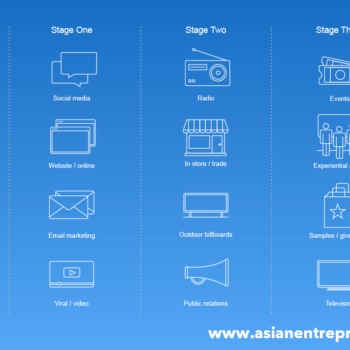As history shows in most cases, more than 50% according to many studies and research indicates M&A usually have negative implications for the acquirer rather than the acquired in terms of financial expectations versus reality. Additionally, there are many internal issues that will affect the overall performance of the acquiring company.
In a case of a startup, being acquired may be profitable and desirable for them in general. From an entrepreneur’s perspective, it is highly beneficial as they will essentially cash out or consider a stake buyout. Aside from that, there are many reasons on why an acquisition decision is chosen instead of internal growth, which may include elimination of competitors, gaining competences and resources as well as growth objectives.
However, I will highlight some of the notable immediate problems that may occur after acquiring another company which in most cases, majority of companies face..
Difference in Work Culture
This is especially true as both companies will collide in their work culture after acquisition. This can be an issue internally if one company practices a more organic culture in comparison to a mechanical one. Employees from the acquired company will then have to adapt to the new working environment which may lead to them being dissatisfied and unmotivated in terms of their intrinsic rewards.
Communication Issues
This can happen whereby there will be asymmetric information between the two companies. An absence of clear communication may lead to issues in terms of operations and executions. Thus making both companies inefficient in their deliverables and this may affect certain value chains within the company. Key stakeholders and managers must ensure that communication be clear and well received in all departments.
Clash of Authority
Existing managers or higher level executives in the company being acquired are in a conflict due to the clash in management and work structure as the acquiring company may assign new managerial roles. Organization charts are restructured and this may upset some of the existing employees as their career projections are diverted. Delegation of roles and management styles will be a key factor in keeping employees happy in the company.
Optimistic Bias
The acquirers may have an optimistic bias towards their acquisition. The thought of acquiring another company may sound like a good idea during the early stages and potentially may aid in increasing profitability as well as market share. This can lead to improper judgement on the market forces. Also known as the Winner’s Curse, in which acquirers may have overestimated its valuation and future prospects based on their overly-optimistic views. Unfortunately, there is a high level degree of uncertainty considering its an asset.
These are just some of the immediate factors that comes to mind when discussing on the issues acquirers face.
In likes of the recent Grab’s acquisition on Uber’s South East Asia’s market, are they experiencing some of the factors mentioned above? The acquisition opens up the market for more competitors or alternatives to enter where price would be major determinator on capturing certain market shares. Grab will essentially have to consider the factors mentioned to ensure smooth transitioning and effective operational procedures. Only time will tell if Grab’s acquisition is a success in really achieving its targets or goals.
With that being said, of course, some acquisitions are successful with great leadership and foresight. However, one must first consider the factors mentioned to really grasp the implications of acquiring a company then only one is able to overcome and strive towards its organization’s objectives such as profitability or market share.





























